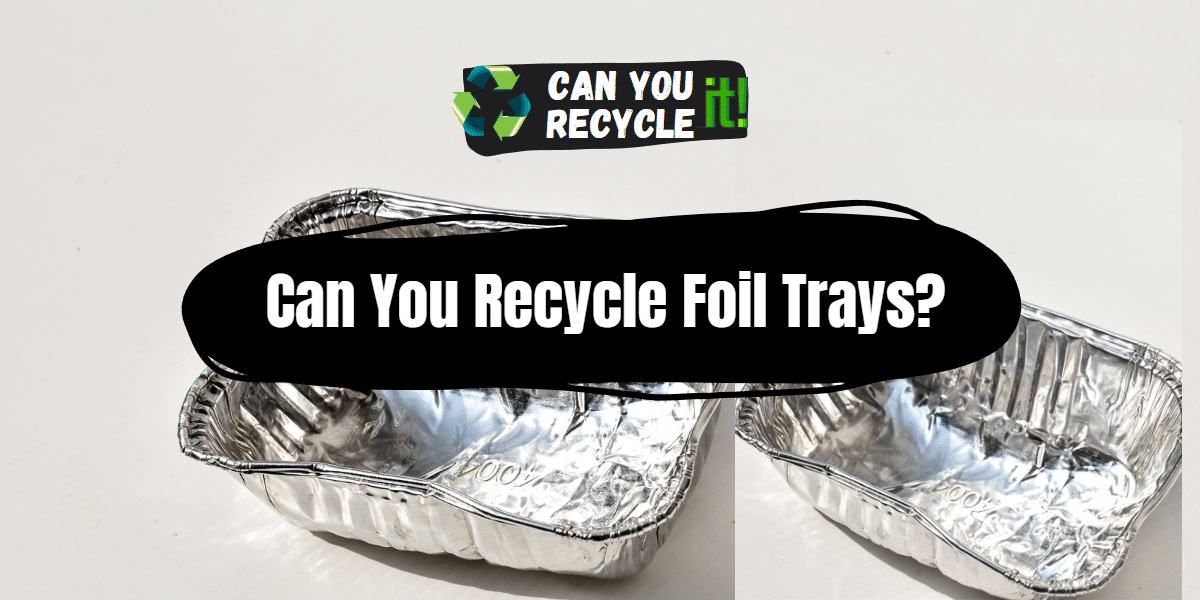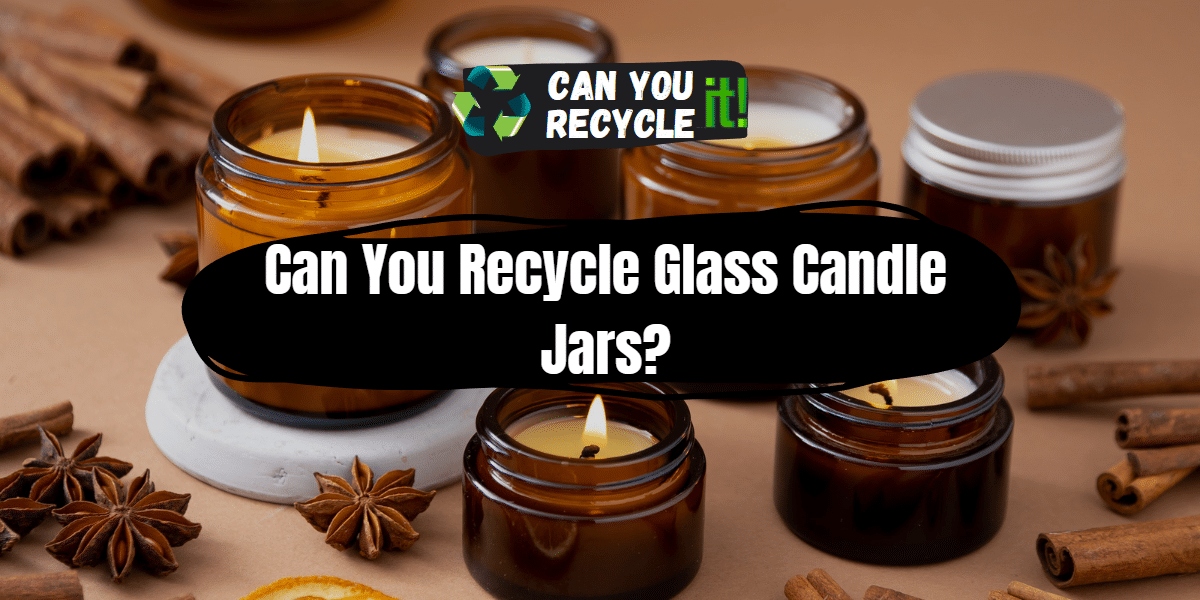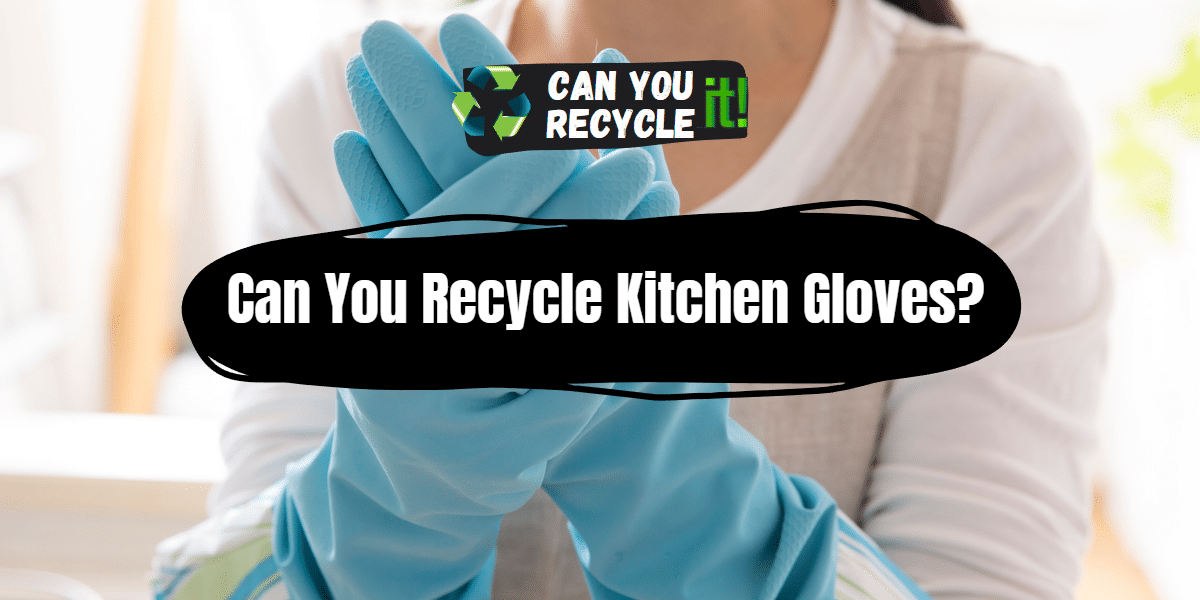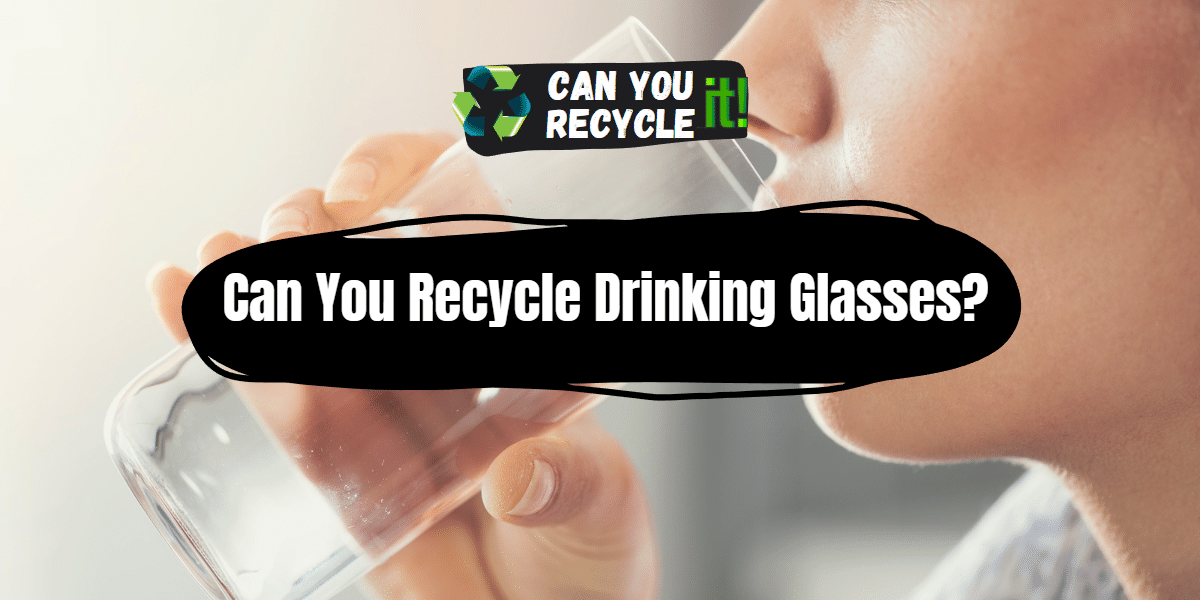Yes, foil trays can generally be recycled. However, it’s essential to note that not all recycling programs accept them.
The recyclability of foil trays depends on the recycling facilities in your area. Check with your local recycling center or municipality to determine if foil trays are accepted in your recycling program.
From leftovers to baking and roasting, foil trays have become a common item in many kitchens. However, when it comes to their recyclability, confusion often arises. Can you recycle foil trays? In this article, we will explore this question, provide dos and don’ts, a step-by-step guide to recycling, alternative options for non-recyclable foil trays, the environmental impact of recycling, frequently asked questions, and final thoughts.
Table of Contents
Do’s and Don’ts
When it comes to recycling foil trays, here are some dos and don’ts to keep in mind:
Dos
- Do: Clean the foil trays thoroughly before recycling. Remove any food residue or grease, as contamination can affect the recycling process.
- Do: Flatten the foil trays to save space in your recycling bin or bag. Flattening them will also make it easier for sorting and transportation during the recycling process.
Don’ts
- Don’t: Include foil trays with excessive food waste or heavy grease. Excessive contamination can make it difficult to recycle the trays effectively.
- Don’t: Mix foil trays with other types of metal. Separate foil trays from aluminum cans or other metals, as they may require different recycling processes.
5 Step Guide to Recycle Foil Trays
Follow these simple steps to recycle foil trays effectively:
While recycling plastic bread bags may not be as straightforward as other materials, following these steps can help minimize their environmental impact:
Step 1
Clean thoroughly: Remove any food residues from the foil trays and rinse them with warm water and mild detergent. This ensures that the trays are clean and ready for recycling.
Step 2
Dry the trays: Allow the foil trays to dry completely after washing them. Moisture can affect the quality of the recycling process, so ensure they are fully dry before proceeding.
Step 3
Flatten the trays: Flatten the foil trays gently. This step helps optimize space in your recycling bin or bag and facilitates handling during recycling.
Step 4
Check local guidelines: Research your local recycling guidelines to determine if foil trays are accepted in your recycling program. Some municipalities may require specific preparation or have restrictions on recycling foil trays.
Step 5
Recycle: Place the cleaned and flattened foil trays in your recycling bin or take them to the designated recycling drop-off point. Follow your local recycling program’s instructions for proper disposal.
What to Do with Foil Trays That Cannot Be Recycled
If your local recycling program does not accept foil trays or if the trays are heavily soiled and cannot be effectively cleaned, here are alternative options:
- Reuse or repurpose: If the foil trays are in good condition, consider reusing them for other purposes. They can be used for organizing small items, as drip trays for potted plants, or for crafts and DIY projects.
- Scrap metal recycling: Check if there are local scrap metal recycling facilities in your area. Some centers accept foil trays and other scrap metal items that may not be accepted in regular recycling programs.
- Responsible disposal: If recycling and reuse options are not available, dispose of the foil trays in the regular trash. Ensure they are empty and free of any food waste.
Environmental Impact of Recycling Foil Trays
Recycling foil trays offers several environmental benefits:
- Resource conservation: By recycling foil trays, we reduce the demand for raw materials used in their production. This helps conserve valuable natural resources, such as aluminum, and reduces the need for energy-intensive mining and extraction processes.
- Energy savings: Recycling aluminum requires significantly less energy compared to producing new aluminum from raw materials. It has been estimated that recycling aluminum can save up to 95% of the energy needed for primary production, resulting in reduced greenhouse gas emissions.
- Waste reduction: Recycling foil trays diverts them from landfills, reducing the amount of waste that accumulates and minimizing the associated environmental impact. Landfill space is conserved, and the release of harmful pollutants and chemicals into the environment is reduced.
- Lower carbon footprint: Recycling aluminum leads to a significant reduction in carbon dioxide emissions compared to primary production. It helps mitigate the effects of climate change and supports sustainable practices.
FAQs for Can You Recycle Foil Trays
Can all foil trays be recycled?
While most foil trays can be recycled, it’s important to check with your local recycling program to ensure they accept them. Some programs may have specific guidelines or restrictions.
Do I need to remove the foil lids from the trays before recycling?
It’s best to remove any non-metal components, such as plastic lids or inserts, before recycling. These components may require separate recycling or disposal.
Can I recycle foil trays with baked-on food residues?
It’s crucial to clean foil trays as thoroughly as possible before recycling. If the trays have heavy baked-on food residues, they may not be suitable for recycling and should be disposed of in the regular trash.
Are foil trays better for the environment than disposable plastic containers?
Foil trays are made from aluminum, which is a highly recyclable material. Compared to single-use plastic containers, properly recycled foil trays have the potential to have a lower environmental impact.
Conclusion and final thoughts 💭
Recycling foil trays is a positive step towards reducing waste and preserving natural resources. While the recyclability of foil trays varies depending on your location, following the dos and don’ts of recycling and checking local guidelines can help ensure proper disposal. When recycling is not possible, exploring alternative options for reuse or responsible disposal can further minimize environmental impact. By making informed choices, we can contribute to a more sustainable future and create a cleaner environment for generations to come.





Leave a Reply